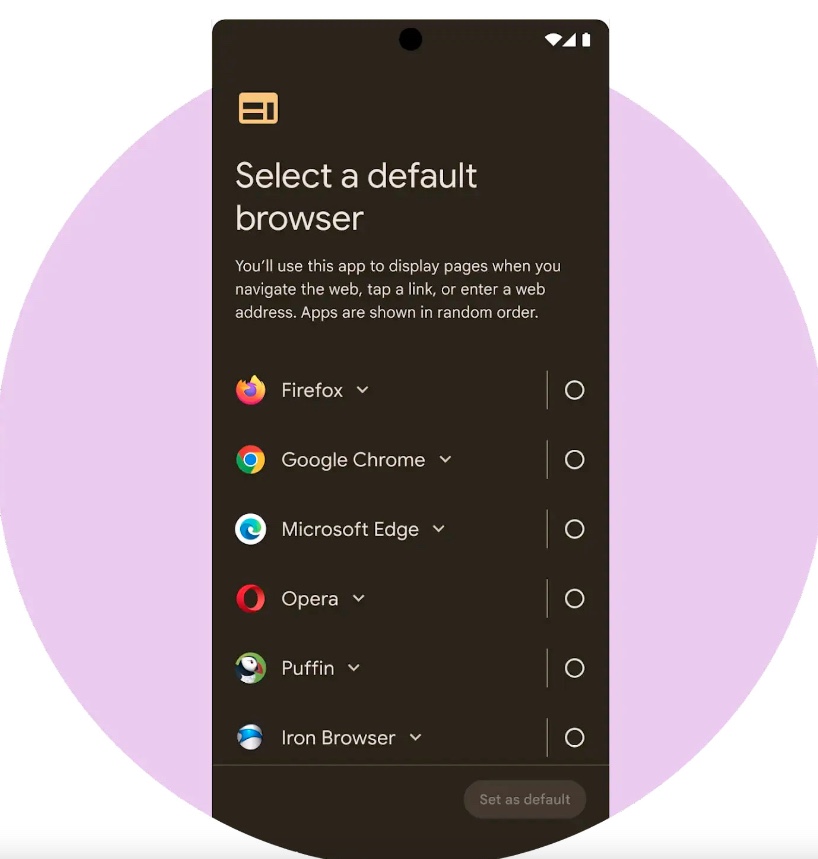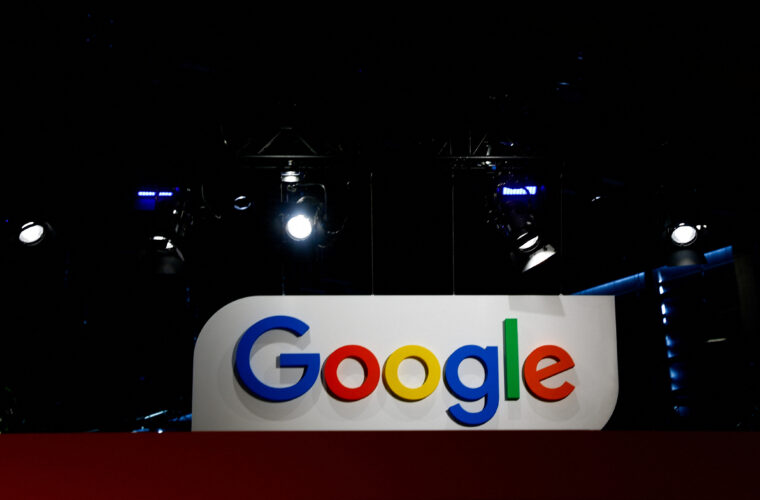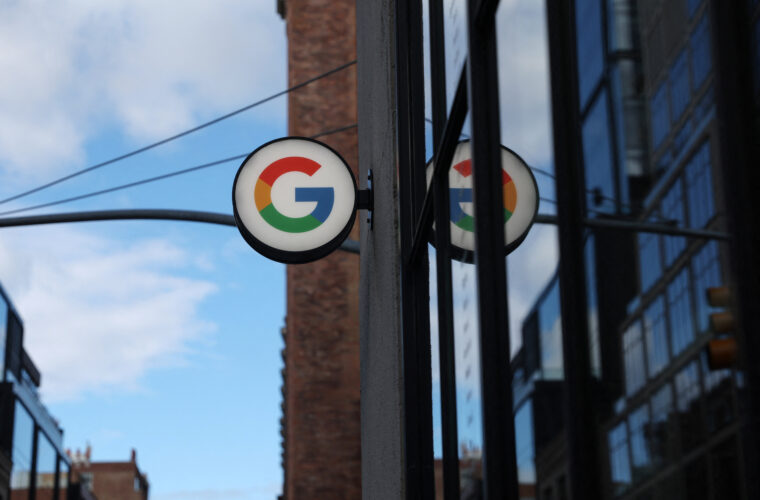Google: On 6 September 2023, the European Commission formally designated the first Gatekeepers, the six major companies that were to comply with the requirements of the Digital Markets Act, the DMA. The six months allowed for compliance, therefore, expired today. If yesterday Apple started distributing firmware for iPhones and iPads, marking a historic opening for the Cupertino-based company, today Google wanted to explain how it has aligned with the obligations of the new European regulation.
“Many of the new rules,” write Mountain View, “involve difficult trade-offs that will impact the people and businesses that use our products. For example, changes to our search results could send more traffic to large intermediaries and aggregators and less traffic to direct providers like hotels, airlines, retailers, and restaurants. Some of the features we have developed for people to help them do their online activities quickly and safely, such as providing suggestions between different products, will no longer work in the same way. In implementing our compliance measures, we have tried to balance several important issues and engage relevant stakeholders in relation to these trade-offs”.
Changes to search results
Google implemented more than 20 product changes, including introducing aggregator units and refinement chips to make useful tools for people, such as comparators, more accessible to find. Some features that help consumers find businesses were removed from the search results page. On Android smartphones and tablets, there is a new browser choice screen during initial set-up, and the ability to choose which search engine to use on non-Android platforms, the Google Chrome browser will ask which search engine you prefer.

Google is now allowing Europeans to take action on the data shared between certain products and services in the ecosystem for different purposes, including personalising content and ads; you may see new warnings asking whether or not you agree to link your Google services together. Big G is also making several updates to advertising products and tools to help advertisers communicate consent for the data they collect. In the note dedicated to the developers section, Google points out that Android allows consumers to download apps from markets other than the Play Store and allows developers to create alternative app stores. In addition, there has already been an opening on the side of alternative billing for in-app purchases in the past, which is now approaching two years.
As far as offers are concerned, on the other hand, ‘although Google Play already allows developers to freely communicate with customers outside of their app about low-cost offers or options available on a rival app store or on the developer’s own website’, starting in the next few hours Google will launch a program that will allow developers of apps distributed on Google Play to lead Europeans directly outside of the app, also to promote offers.
To be transparent
“Our approach to compliance,” writes Google, “has been transparent and has made significant changes to products, even where we are concerned that some rules may reduce the choices available to individuals and businesses in Europe. We believe that consistent interpretation and application of these new rules by all designated companies will be key to ensuring a level playing field for European businesses and consumers in the future. After the March deadline (the entry into force of the DMA, ed.), we will continue to work with the European Commission and the industry to ensure that we continue to offer useful, safe, and compliant products and services to people and businesses in Europe”.



